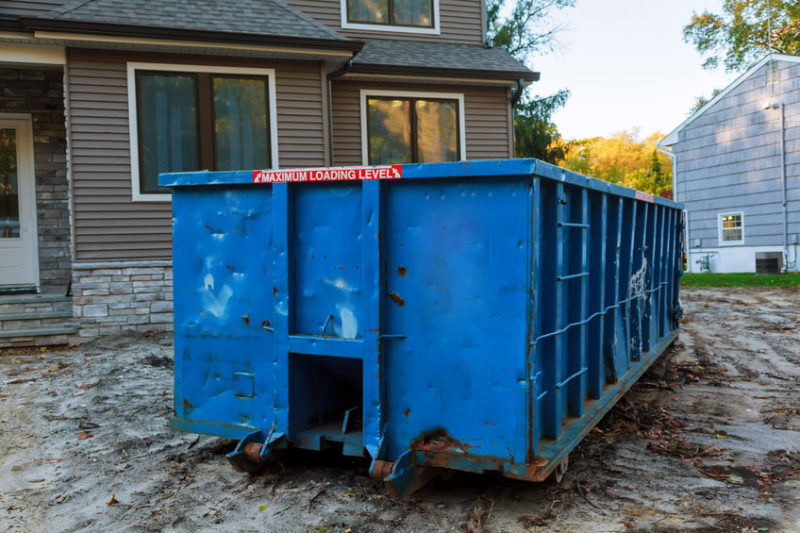 Proper waste management is everyone’s responsibility failure to which we live to suffer the consequences. Effective waste management refers to applying the 3R’s rule; reuse, reduce and recycle. With this in mind, all the waste management practices that this article talks about revolve around these 3R’s.
Proper waste management is everyone’s responsibility failure to which we live to suffer the consequences. Effective waste management refers to applying the 3R’s rule; reuse, reduce and recycle. With this in mind, all the waste management practices that this article talks about revolve around these 3R’s.
Reuse More
This is one of the aspects of the 3Rs; reuse. It means that you should try as much as you can to put to use carrier bags and tins a couple of times before you throw them away. For example, you can use plastic shopping bags when you visit the grocery store next. You can also reuse the packaging containers to store your flours. Old packaging containers can also be used to store washing powders. This will help prevent you from buying other carrier bags and containers so that they do not end up piling in your house.
Reduce Plastics
The most environmental degrading waste product is plastic. Plastics take almost 500 years before decomposition. If we continue using plastics, they might pile up and take over the space we have left. In a bid to reduce the amount of plastics that find their way into your kitchen, reuse the plastics you already have for carrying shopping and groceries. Tell the staff at your local store not to use double plastic bags when packaging your shopping. Try as much as possible to use alternative material for carrier bags such as cloth bags. These can easily be made at home using some old clothes such as a worn-out pair of jeans. Also, ensure you always have a shopping bag in your purse so that you do not have to buy a new carrier bag every time you go out for shopping.
Make Composite
You do not have to throw food scraps, yard cuttings, vegetables, and fruits peel into the bin for disposal. The main disadvantage of throwing green matter waste into the bin is that upon finding their way into the landfills, they decompose to produce tons of methane gas. This contributes so much to ozone gases and ultimately we experience climate change effects. To avoid environmental degradation, make a composite or buy one that is ready-made. Before making your composite, ensure to contact your local environmental authority because some states have different specific guidelines on making your composite. Upon decomposition in the composite, green matter produces manure that can be used as fertilizer for growing vegetables in your kitchen garden.
Buy Supplies in Bulk
Another great way of reducing the amount of waste finding its way into your kitchen is buying supplies in bulk. This helps reduce the number of packaging as well as carrier bags. Smaller quantities of supplies come in their own smaller but many packaging plastics. For example, buying a 5kg bag of rice is eco-friendlier than buying 5 kilos of rice in separate packaging bags. Also, adopt the culture of using home remedies to make homemade items such as cleaning solutions, skincare products, and medications. This will greatly reduce the packaging materials that would have come with bought items.
Give Out Items You Do Not Need
Sometimes it is hard to part with some items. Mostly it is because we have a strong bond with the items. Most of these items are usually valued gifts while some do not have any worth or place in our hearts. What some of us may not know is that such items only increase the amount of waste in your house and this ends up costing so much money when decluttering. Instead of hoarding such unused items, give them away to people who might need them. Even as you do that, ensure they are in good functioning condition. This is important because you do not want to give out items for the sake. You want to make a difference in another person’s life. Some of the unused items you can give out include old TVs, fridges, and electronics amongst many others.
Bearing in mind the issue of reducing waste at home, try to avoid packaged supplies as much as possible. For example, instead of buying packaged flour, you can carry your glass containers to the local store and put your flour portions in the containers. Also, ensure to adhere to recycling instructions that come with most packaged items. In addition, ensure to state types of wastes and put them in their respective dumpsters. This is because some waste such as aerosols and batteries are hazardous and might pose a risk to your health and safety.

